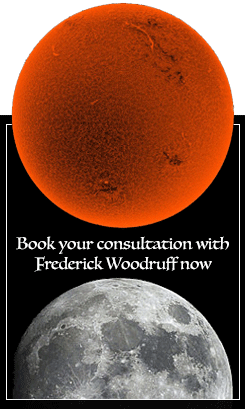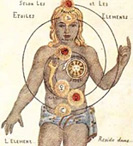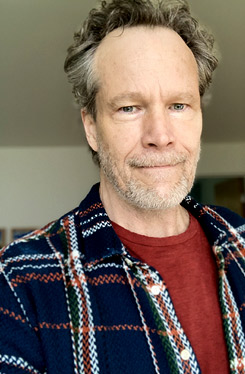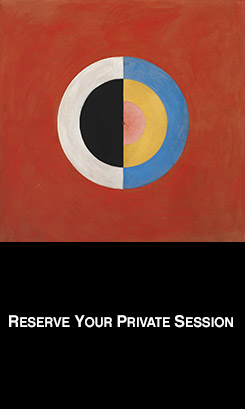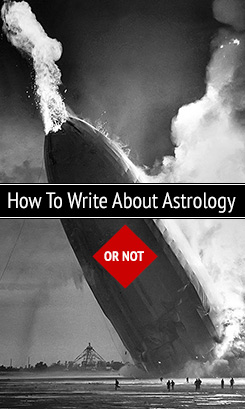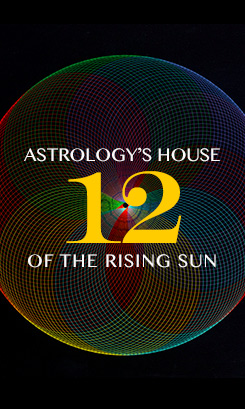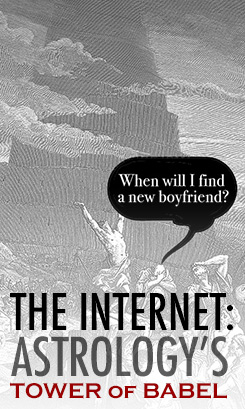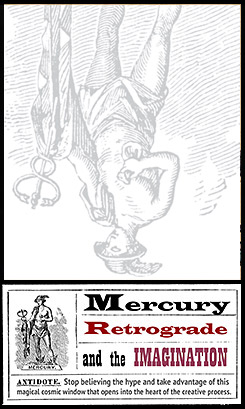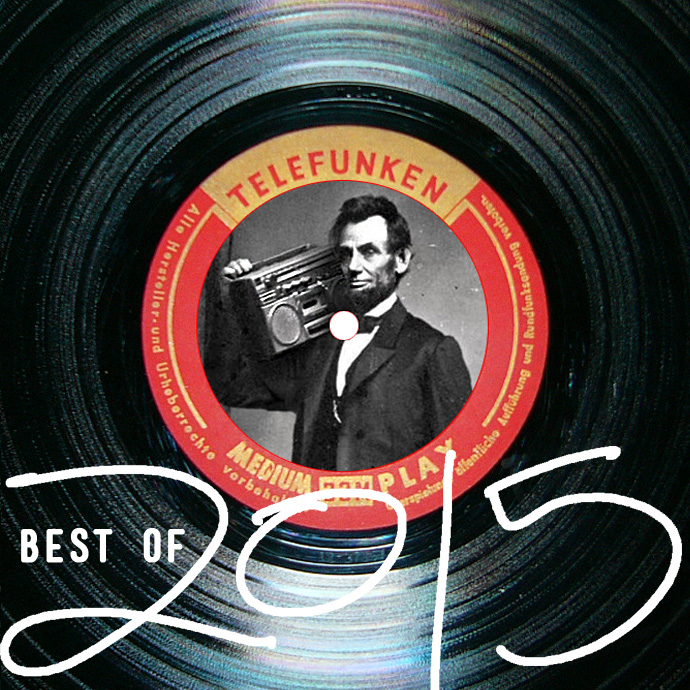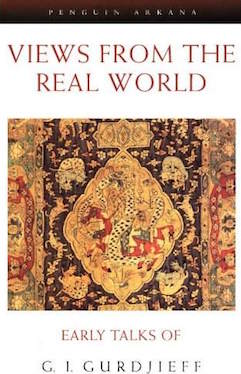Some of the Best Music Tracks from 2015
Every year at the end of the year I try to pull together a mix that celebrates the music tracks that I revisited throughout the year. Without time to do a proper mix this December and with February breathing down my neck as I type, I resorted to a Spotify playlist — just to keep some semblance of my aim.
Enjoy!

Frederick
Q & A With Gurdjieff: Earth as a Living Being
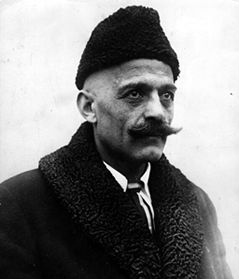
Question: In what sense was it said in an earlier lecture that the earth is alive?
Answer: It is not only we who are alive. If a part is alive, then the whole is alive. The whole universe is like a chain, and the earth is one link in this chain. Where there is movement, there is life.
If we now look at the relation of the earth to the universe, we shall see that on the one hand the earth’s satellite is included in the sphere of its influence, while on the other the earth enters as a component part into the planetary world of our solar system.
The earth is one of the small planets turning around the sun. The mass of the earth forms an almost negligible fraction compared with the whole mass of planets of the solar system, and the planets exert a very great influence on the life of the earth and on all existing and living organisms — a far greater influence than our science imagines.
The life of individual men, of collective groups, of humanity, depends upon planetary influences in very many things.
The planets also live, as we live upon the earth.
But the planetary world in its turn enters into the solar system and enters as a very unimportant part because the mass of all the planets put together is many times less than the mass of the sun.
The world of the sun is also a world in which we live.
The sun in turn enters into the world of stars, in the enormous accumulation of suns forming the Milky Way.
The starry world is also a world in which we live. Taken as a whole, even according to the definition of modern astronomers, the starry world seems to represent a separate entity having a definite form, surrounded by space beyond the limits of which scientific investigation cannot penetrate.
But astronomy supposes that at immeasurable distances from our starry world other accumulations may exist. If we accept this supposition, we shall say that our starry world enters as a component part into the total quantity of these worlds.
This accumulation of worlds of the “All Worlds” is also a world in which we live.
Science cannot look further, but philosophical thought will see the ultimate principle lying beyond all the worlds, that is, the Absolute, known in Hindu terminology as Brahman.
From Views for the Real World: Early Talks of Gurdjieff In this book Mr. Gurdjieff discusses the obstacles and deceptions faced by anyone in search of inner truth and spiritual guidance.
Let’s Dance. Choose Your Tempo & Libretto

“This limitless cosmos is full of Presences, full of Persons — full of angels.
We have to discard all our trivialized and anthropocentric conceptions of the nature of such beings. They are personified metaphysical presences, the movers of the worlds, and they provide the connection between ourselves and divinity.
There is no question of anthropomorphism. The personality of these beings is not derived from ours; ours is only a dim reflection of theirs.
The hermeneutic ability of the creative Imagination to transmute all things into symbols destroys the distinction between psychology and cosmology and unites them in a psycho-cosmology in which Creator and creature participate not as opposing terms with an unbridgeable gulf separating them, but as complementary poles of a divine drama.”
–Tom Cheetham from The World Turned Inside Out
The divine drama, it’s worth all of the effort — heart and soul — we commit to translating its dance. I’ll help you connect the dots! Join me on the following social media — whichever suits your particular style, temperament and art.

Illustration by Ilonka Karasz from William Maxwell’s The Heavenly Tenants (Harpers) 1946
Questions & Answers With G.I. Gurdjieff: The Illusion of Doing
Man is a plural being.
When we speak of ourselves ordinarily, we speak of ‘I.’ We say, ” ‘I’ did this,” ” ‘I’ think this,” ” ‘I’ want to do this”—but this is a mistake. There is no such ‘I,’ or rather there are hundreds, thousands of little ‘I’s in every one of us. We are divided in ourselves but we cannot recognize the plurality of our being except by observation and study.
At one moment it is one ‘I’ that acts, at the next moment it is another ‘I.’ It is because the ‘I’s in ourselves are contradictory that we do not function harmoniously. We live ordinarily with only a very minute part of our functions and our strength, because we do not recognize that we are machines, and we do not know the nature and working of our mechanism.
We are machines. We are governed entirely by external circumstances. All our actions follow the line of least resistance to the pressure of outside circumstances.
Try for yourselves: can you govern your emotions? No. Read more
